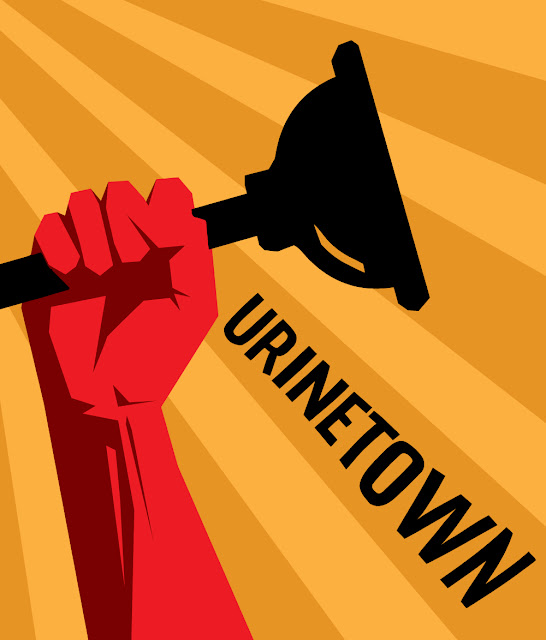Government and Big Business in the U.S.
The Relationship between Government and Big Business in the U.S.
Glass-Steagall act of the Depression Era that limited bank
activity. Clinton repealed it. Both conservatives and liberals have called for
its return. The trope is that liberals dislike big business and want bigger
government to regulate business, and that conservatives want big business and
small government, but that’s not always the case. Especially in recent years,
when big business has bought so much access to government, conservatives
calling for smaller government also champion small business. “Concentrated
private economic power has emerged as a principal villain of our day.” He cites
Gordon Wood’s analysis of Alexander Hamilton and his Federalist Party as the
party of big business at the expense of small business. Federal Reserve Bank.
He also notes the province vs. big city part of it.
Sherman Antitrust Act (1890) – anti-monopoly. Designed to
regulate competition and prevent actions by big companies that would stifle
freedom of commerce and competition (like price fixing).
During the Progressive Era, liberals tried to grow the
government to keep big business in check and posited that government should
take over businesses that grew too big and operate them themselves. Teddy
Roosevelt, one of the leaders of the Progressive Era, used the Sherman Act more
than anyone else, but more to regulate big businesses rather than to bust them
up. He didn’t break up Standard Oil, and allowed J.P. Morgan to get a monopoly
over the steel industry. He also got striking coal workers (1902) to agree to
arbitration, in which they received concessions on pay and hours, but didn’t
get their union recognized.
In this era the parties differences were established –
Republicans for making trusts good by regulation, and the Democrats trying to
break up monopolies. FDR wanted to centralize monopolies by having the
government take them over, but that ship had sailed. Big businesses were
already considered too important to break up; it was important to just regulate
them. Liberals have decided that it’s too late to break up big businesses into
small ones – the age of small units has passed. There must be an opposing force
– labor, regulation, etc.
The battle shifted to protecting the consumer against both
big and small business. Lemann points out that big businesses have driven small
businesses out by pandering to the customer.
Economic republicanism allows for monopolies or
protectionism in individual market areas (car dealerships, corn subsidies,
etc., that are a barrier to free trade, but don’t look like “big business”).
Finally, campaign finance laws have allowed big business to
gain unprecedented influence in Washington. That has led to the people’s
mistrust of both business and government. The financial industry has become
especially concentrated – the five biggest banks control half of the nation’s
assets.
Some
information from: “Notorious Big: Why the specter of size has always haunted
American politics,” by Marcus Lemann. New
Yorker, March 28, 2016.

Comments
Post a Comment